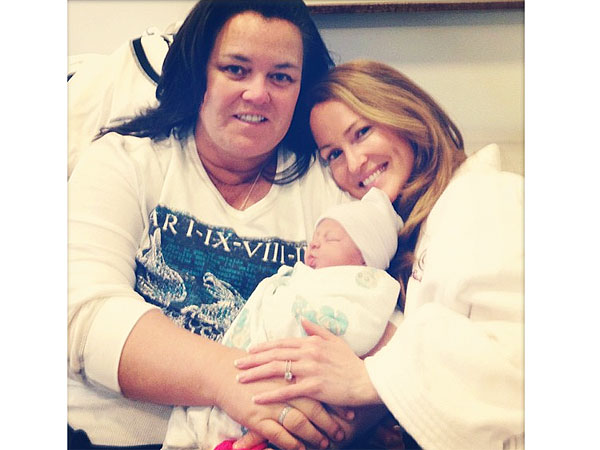
Joel Saget/Agence France-Presse — Getty Images
The brother of Sakine Cansiz (on poster), one of three Kurdish activists found shot on Thursday, said his family was convinced that it was a professional assassination.
PARIS — With her signature long hennaed hair, fiery resolve and olive-green military fatigues, Sakine Cansiz was a feminist, guerrilla fighter and former political prisoner as adept at wielding a machine gun as organizing political protests from a jail cell.
One day after she and two other Kurdish activists were killed in the heart of Paris, speculation abounded regarding Ms. Cansiz, 55, and whether she had been the main target.
One of her brothers, Metin Cansiz, and activists interviewed Friday said her main role in recent years was to raise money and provide political support for the separatist group she helped found, the Kurdistan Workers’ Party, or P.K.K. Ms. Cansiz may also still have been involved in providing arms for the rebels.
Echoing many analysts, Mr. Cansiz said the family was convinced that his sister had been the victim of a professional assassination. It was aimed, he said, at disrupting recently started peace talks that seek to end decades of bloody conflict between the Turkish government and the P.K.K., which is considered a terrorist organization by the United States and the European Union.
Ms. Cansiz was a close ally of a crucial player in the talks with Turkey, the P.K.K.’s imprisoned leader, Abdullah Ocalan.
“My sister supported the peace process, and she paid with her life,” Mr. Cansiz said as family members and hundreds of mourners gathered at a Kurdish cultural center not far from the locked, unlabeled office where Ms. Cansiz and the other two women, Fidan Dogan and Leyla Soylemez, were found fatally shot early Thursday. “Whoever did this wanted to kill the process.”
Many Kurdish rebels said they believed that Turkish nationalists were behind the killings. But there were competing suspicions. Some rebels speculated that Iran sponsored the attack as a way to destabilize Turkey, which has taken a stand against an Iranian ally, President Bashar al-Assad of Syria.
Turkey’s prime minister, Recep Tayyip Erdogan, said Friday that he believed that the killings bore the signs of an internal feud. In any case, the contours of Ms. Cansiz’s shortened life suggest that she would have had plenty of enemies.
Born to an Alevi Shiite family of eight brothers and sisters, Ms. Cansiz became politically active in her early 20s, her brother said. What she saw as the impoverishment and repression of the Kurdish community led her and a small group of revolutionaries to found the P.K.K. at a teahouse near Diyarbakir, in Turkey’s predominantly Kurdish southeast.
In 1980, after a coup in Turkey, she was arrested and imprisoned until 1991, enduring torture, according to Rusen Werdi, a Kurdish lawyer in Paris.
Her brother, who was imprisoned with her, recalled that she was one of the only prisoners to stand up to the authorities. Activists recalled that she spit in the face of the notorious prison director.
In interviews on Friday, activists said Ms. Cansiz continued to organize demonstrations from behind bars. They said she had initially been attracted by the Marxist ideology of the Kurdish rights movement, which allowed women to escape from the tribal structures of Kurdish society and to take up arms alongside men.
Vahap Coskun, an expert on Kurdish movements at Dicle University in Diyarbakir, said that from its inception, the P.K.K. saw that Kurdish women could provide a powerful base for political organization and on the battlefield. Of the group’s 5,500 members, he said, about a quarter are women. In the mid-1990s, some joined suicide bombing attacks aimed at military and civilian targets, sometimes deflecting suspicion by dressing as though pregnant.
After Ms. Cansiz was released from prison, her brother said, she received military training, organized clandestine meetings, traveled to P.K.K. mountain outposts in southeastern Turkey and went underground to Germany to raise funds.
Ms. Cansiz spent time in Syria, where Mr. Ocalan was based, at the group’s training camp in Lebanon’s Bekaa region and in northern Iraq, Mr. Coskun said. She was eventually sent to Western Europe to work in logistics and fund-raising after the P.K.K. incurred losses in fighting with Turkish security forces, he said.
The German authorities questioned her in 2007 but turned down a Turkish request for her extradition, her friends and colleagues said. She then moved to Paris, and believed that she was under frequent surveillance, they said.
Her brother said that the two had recently celebrated the new year in Rotterdam, the Netherlands, and that Ms. Cansiz had betrayed no concerns about her safety. “She was never afraid,” he said. “She was happy.”
This article has been revised to reflect the following correction:
Correction: January 12, 2013
An earlier version of this article misidentified the sect of Shiite Islam of which Sakine Cansiz was a member. She was an Alevi, not an Alawite. Among their differences, the Alevis are spread throughout Turkey, while most Alawites in Turkey live along the country’s border with Syria.












